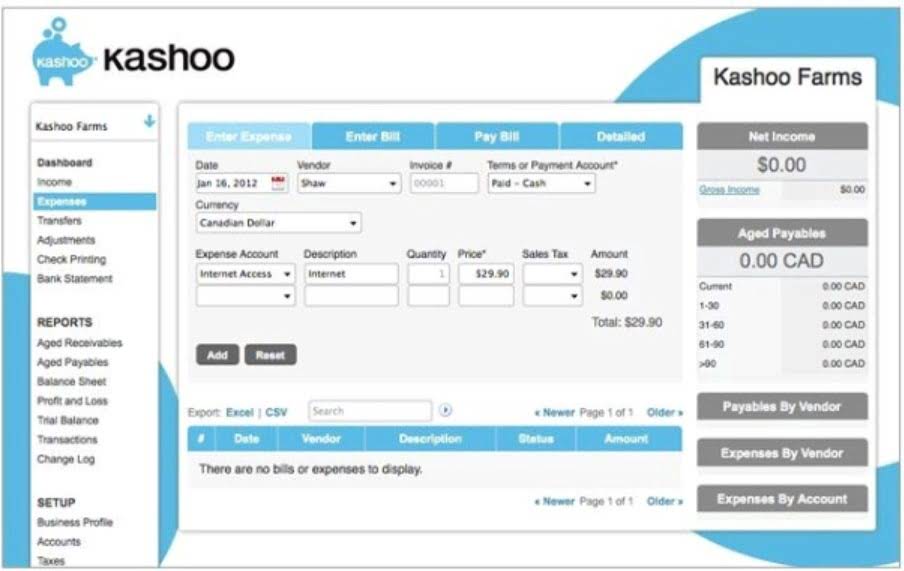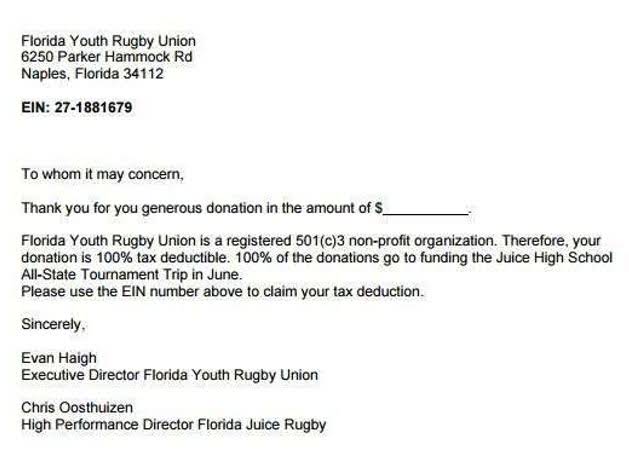What Is the Average Retainer Fee for Legal Services?

This fee is paid before any work begins, and as lawyers work on the case, they deduct their fees from the retainer, held in a dedicated account. The billing process for retainer fees generally follows a structured and transparent approach, ensuring clarity for both the client and the service provider. Initially, the client pays a retainer fee, which is deposited into a separate account used explicitly for retainer purposes. Using specialized legal accounting software, such as Clio or PracticePanther, can streamline this process by effectively managing the retainer and providing detailed reports. The goal of a security retainer is to ensure that funds are available to pay the lawyer and firm. When the security retainer is paid, it goes into a trust, and not to the lawyer.
Trust Account Management
It is important for lawyers to keep track of retainer fees and how they are used. Retainer fee accounting involves tracking the money paid by the client, the time spent on the case, and the expenses incurred. This is typically done through a trust account, which is a separate bank account used to hold client funds. This payment is considered earned upon receipt and compensates them for being on call and for turning down other cases. Under a general retainer, the fee does not get applied to hourly legal bills, which are billed separately.
Purpose of Retainer Agreements

A “legal services agreement” or “attorney fee agreement” are other names for this sort of contract. Using the right terminology is critical to comply with state and local rules, even if it may appear to be a matter of semantics. Furthermore, retainers might differ substantially based on the particulars of a case, the lawyer’s fee arrangement, and the ultimate client-lawyer agreement.
General Retainer Fee For A Business

The lawyer may receive compensation retainer fee lawyer meaning either periodically for services or after finishing the services in the agreement. Sometimes, a client must replace money in the security retainer that is used to pay for lawyer fees. These agreements can entail that the lawyer receives all of the retainer after the services are performed or the client may be able to receive money back or pay more if the lawyer is to bill hourly. While they come in different varieties, the goal of a security retainer is to ensure lawyers receive their payment which can be important in some circumstances such as bankruptcy. A crucial characteristic of advance fees is that they remain the property of the client until the lawyer has earned them by performing the agreed-upon legal services. Unearned advance fees must be held in a client trust account, separate from the lawyer’s operating or personal funds.
- Lawyers can’t access the funds until they complete the work—the fee simply acts as a deposit that ensures the availability of funds for future support.
- This ensures the attorney is compensated for preliminary work without delay.
- Overall, they create a mutually advantageous partnership, enhancing trust and cooperation between the parties involved.
- In contrast, general retainers are considered earned immediately upon receipt, as they are paid to ensure the lawyer’s availability rather than for specific legal services.
- On the contrary, if you believe that your retainer covers all potential legal work, you may find yourself facing unexpected charges once the initial retainer is exhausted.
- Instead, the payments come in various forms and structures, allowing lawyers to tailor them to the unique needs of their clients and firm.
Types of Retainer Agreements
It may also be more than enough for the work at hand, in which case, you will receive a refund of the unused amount. Retained attorneys are proactive in identifying potential legal risks and providing timely advice to mitigate them, thereby preventing costly disputes or regulatory violations. Choosing the right lawyer fee arrangement requires evaluating your case specifics and priorities. A lawyer can explain the pros and cons of each model as it relates to your goals. It’s a good idea to discuss your budget and see if they can offer a fee that works for both of you. This transparency and clarity contribute to a more seamless and mutually beneficial working relationship.

While the retainer model offers predictability, it may not always be the most cost-effective option, especially for clients with irregular or infrequent legal needs. By working closely with clients over an extended period, legal professionals can gain insight into the client’s business or personal affairs, enabling them to provide tailored legal solutions. A retainer can be worth it if you anticipate needing ongoing legal assistance. It can provide peace of mind knowing that you have a lawyer ready to help you whenever necessary. If the retainer runs out, you may need to pay more to keep the lawyer working for you. Investing time and effort in crafting a robust retainer agreement is a wise move to build trust, professionalism, and ensure long-term success in your professional pursuits.
State Laws on Paying Attorneys
- First, it secures the lawyer’s availability to work on a client’s case, preventing that lawyer from being hired by an opposing party in the same matter.
- Instead, when you pay this kind of retainer, you are paying to reserve an attorney or firm’s time.
- Attorneys can also charge hourly fees, which means that the client pays for the attorney’s services based on the amount of time the attorney spends working on the case.
- Conversely, cases where the lawyer charges a contingency fee do not require a retainer.
- Courts have also addressed the enforceability of retainer agreements, particularly in cases of excessive or unreasonable fees.
For that reason, you may want to consider offering a combination of fee structures in addition to retainer fees—including hourly billing, flat rates, and contingency fees. A ‘per retainer fee’ is an upfront payment to secure a professional’s ongoing services, often billed monthly, ensuring their availability for future work. However, most lawyers prefer to document the relationship using a retainer agreement. This agreement outlines the services to be performed and the fees to be charged. For example, a regional bank http://96.126.124.89/pronav/web/how-to-invoice-as-a-freelancer-step-by-step-guide-2/ might need on-call legal services but may not have enough work to justify a full-time lawyer’s salary. A retainer fee is an advance payment made to a professional, such as a consultant, freelancer, or lawyer, to secure their services.
Security Retainer

Once the funds from the retainer are exhausted, the relationship between the attorney and client QuickBooks Accountant typically transitions into an hourly or project-based billing arrangement. This means you will be charged at the attorney’s standard rates for any additional work performed. It is imperative that both parties read and understand all terms before signing the agreement. This ensures clarity about the legal services being provided and the financial commitments involved.
Leave a Reply